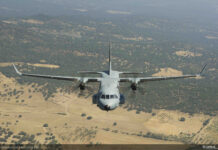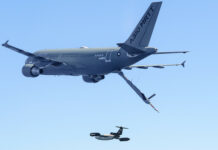Since the end of the Suharto ‘New Order’ regime in 1998, Indonesia has gradually transitioned to democratic governance, made significant improvements to its economy and progress in improving the life of its people. Inevitably there is a long way to go, Indonesia is evolving rapidly, but faces significant challenges that will test its governing elite and the resilience of its political system.
Is Indonesia a suitable partner for Europe? In reality, we should asking a second question and that whether Europe is a suitable partner for Indonesia. At one stage, access to European markets and Foreign Direct Investment (FDI) would have been critical for an emerging economy. Now this is not so much the case, there are other major markets and sources of FDI besides Europe. Equally important is that now Indonesia is an important market in its own right, and therefore has more leverage than it used to when dealing with other countries.
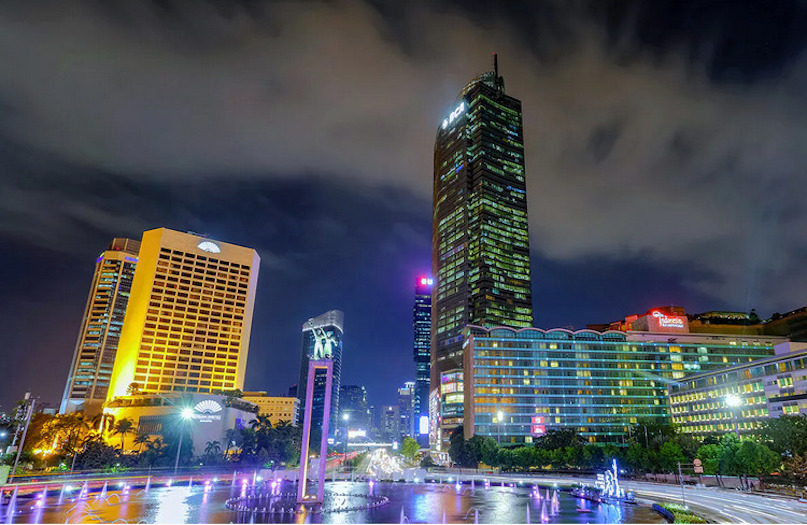
Considerations for Europe
A potential impediment to dealing with Europe, and the EU in particular, is the tendency of European politicians to make political and social demands of foreign countries. It has not escaped the attention of many foreign countries that the ‘moralistic foreign policy stances’ of the EU and member state governments seem to become less firm, and sometimes even evaporate when dealing with states that offer massive marketplaces for European goods, and/or have something that Europe wants, such as oil or gas. Iran being a case in point in this regard. A further negative external perception of Europe is its tendency toward regulations that often exceed international norms.
Beyond that, if you look at Indonesia as it is today and at what it could develop into in the future, it is clear that this country will continue to evolve into a major market of a size Europe cannot ignore. Then the strategic aspects of Indonesia come into play, its geographical location right on top of the Straits of Malacca, the number two oil chokepoint in the world, only bested by the Strait of Hormuz. Then you have the Lombok and Sunda Straits, two choke points on sea lines of communication between the Indian Ocean and the Java Sea. Should traffic through these three straits be interfered with, it would have a significant strategic and economic impact on China, Japan and Korea, among others, through interruption of oil/gas supplies and the disruption of commerce.
There might be those who see little relevance for Europe with regards to the strategic situation in Southeast Asia, yet this is naïve. One of the unexpected, or rather unthought, consequences of economic globalisation is that what happens over the other side of the world often does matter to Europe. A recent example is the grounding of the Ever Given, a 400-metre-long container ship, in the Suez Canal during March 2021. The Suez Canal was blocked for a little over six days, yet five days after the incident there were said to be 360 ships still waiting to transit the Canal. One might think that a delay over a little over six days was hardly the end of the world, yet the cumulative effect on global supply chains took months to resolve.
That a single ship running aground could cause months of trade disruption and a spike in oil prices, demonstrates how economically interconnected the modern world is. The disruption caused to global supply chains by COVID has yet to be fully recovered from, and since February the Russian War in the Ukraine has had an impact on oil and gas prices, food prices, and is steering the global economy toward recession, which will have direct consequences for European economies and populations.
Global economic interdependence makes it essential that the EU as a whole and its member states build strong diplomatic and economic links directly with countries such as Indonesia. It is not just a matter of Europe selling high value goods to Indonesia, it is a two-way street with Indonesian goods coming to Europe. Indonesia is a low cost manufacturing centre, and many goods for sale in Europe are already manufactured in Indonesia. However, Indonesia is now moving up the manufacturing value chain to produce more sophisticated products, many of which will end up in Europe.
Globalisation has brought with it an awakening to the fact that Europe needs countries like Indonesia as much as they need Europe. Beyond that, Europe must understand that it is not alone in looking to forge trade relationships with countries such as Indonesia. China, Japan, the Republic of Korea (ROK) and the US are all looking to expand their economic position in emerging markets. Then there is inter-regional trading and investing, of which in Indonesia’s case, Singapore has become a strong trading and investment partner. In the final analysis, Europe must go out of its way to justify why it should be Indonesia’s prime trade partner. Additionally, economic and trading relationships inevitably take on a strategic character in a globalised world, something that European political leaders must take into account.
Indonesia is Important
From a European perspective it is necessary to understand why Indonesia is important. The first metric to consider is population, Indonesia’s population is a little over 277 million, the fourth largest globally, behind only China, India and the US. These numbers demonstrate the potential of Indonesia as a market, as well as a labour force, making domestic manufacture for local demand and export very attractive.
Then we need to look at the size of the Indonesian economy, in terms of its Gross Domestic Product (GDP). Using World Bank figures for 2021, Indonesia is the 16th largest economy in the world, with a GDP of USD 1.19 trillion. Ironically, the 17th largest economy was the Netherlands, the former colonial power in Indonesia. According to a number of forecasts in 2022, it is expected that the Indonesian GDP will rise to become the 15th largest in the world, surpassing Mexico. To put this into perspective, in 2021 Saudi Arabia had the 18th largest economy in the world.
In September 2022, the Asian Development Bank (ADB) released a report, the Asian Development Outlook (ADO) 2022 Update, which covered the condition of the Indonesian economy. Their report predicts that GDP growth for 2022 will be a healthy 5.4%, with forecast GDP growth for 2023 amounting to 5%. However, they also expressed concern over rising inflation. In a statement on the Indonesian economy, ADB Country Director for Indonesia Jiro Tominaga, was quoted as saying: “The Indonesian economy is coping well with threats to growth,” and “Consumer spending is robust, and commodity exports have boomed.” However, the ADB did caution that slower growth and financial volatility globally, as well as continuing economic shocks from the Russian invasion of the Ukraine could impact on Indonesia’s economy in 2023.
Turning to the CIA World Factbook for some more data about the Indonesian economy reveals that Indonesia has the fourth largest labour force in the world and the largest economy in Southeast Asia. The Factbook also lists the following as the top six in terms of Indonesian imports and exports:
What is surprising is that no European economy has made it into the top six for either imports or exports, especially given this is the largest economy in Southeast Asia. This may have been more understandable twenty years ago, when Indonesia was politically unstable, had severe economic problems, today though the situation is different, and the lack of significant trade relations with Indonesia is a missed opportunity.
What Can Europe Do?
The easiest thing to do would be to outsource manufacture to Indonesia, given that labour is plentiful, allowing manufacturing costs to be reduced. However, global supply chain disruptions which started under COVID-19 may continue for some time. Then there is an increasing environmental sensitivity in Europe, demanding production of products such as textiles closer to home to reduce carbon emissions. Building a relationship based on low cost manufacturing will not develop the linkages that Europe needs for a long-term relationship with a country such as Indonesia.
As previously noted Indonesia wants to move up the value chain, away from low cost manufacturing to more sophisticated areas that can provide long-term economic development, via the transfer of technology or local technological development. This is where Europe has a real chance at partnership. Given Indonesia is in a strategic location, helping Indonesia build its defensive capabilities helps to ensure strategic stability in an important region. From the Indonesian perspective, the influx of high technology that would result from local production of advanced defence equipment would then act as a catalyst for local industrial development, as has occurred in Japan and Korea, among others.
Europe has previously had technology transfer/local production relations with Indonesia, primary in the aerospace sector, with what is today known as PT Dirgantara Indonesia (PTDI) or Indonesia Aerospace (IAe). This saw transport aircraft and helicopters built, the latter through local development with CASA of Spain (now Airbus). There is also a successful long-term relationship covering the manufacture of the Bell 412 in Indonesia. In the naval sector the two Damen SIGMA class frigates (MARTADINATA class) sold to Indonesia, and laid down in 2014 and 2016, saw significant workshare transferred to Indonesian shipbuilder PT PAL. Looking ahead, the two British Type 31 frigates on order are also due to be built at PT PAL.
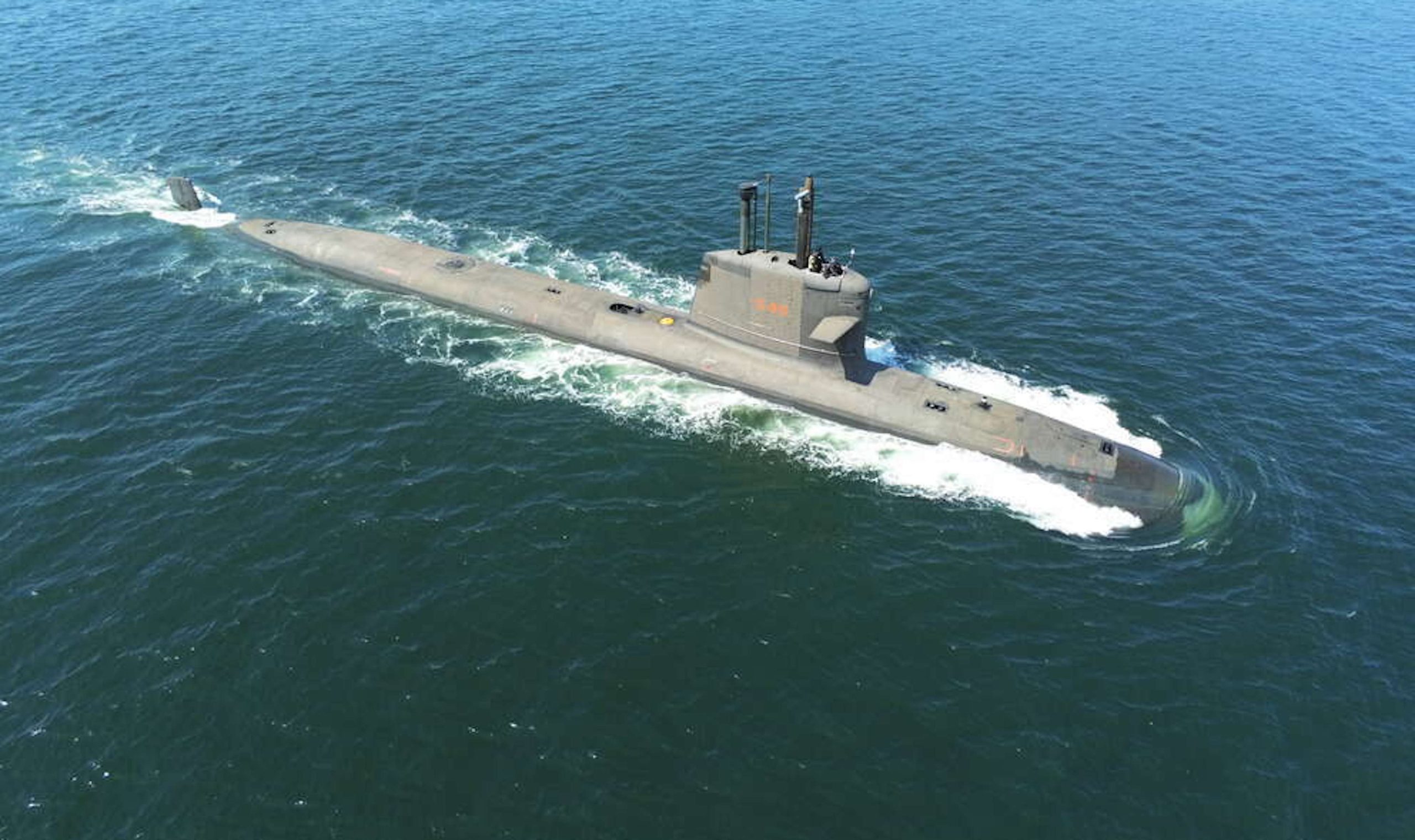
Credit: Naval Group
In recent years Korea has developed major links with Indonesia, the ROK defence industry has delivered on local production of the MAKASSAR, BENJARMASIN, and SEMARANG classes of seven Landing Platform Docks (LPDs) by PT PAL, all based on Daesun designs. PT PAL also gained important workshare on the NAGAPASA class (CHANG BOGO Type 209) submarine programme, with two units built by Daewoo Shipbuilding & Marine Engineering (DSME) in Korea, and the third being assembled by PT PAL in Indonesia. In the aerospace sector, Indonesia has a 20% stake in the Korea Aerospace Industries (KAI) KF-21 BORAMAE fighter programme being designed for the Republic of Korea Air Force (ROKAF) and the Indonesian Air Force (TNI-AU).
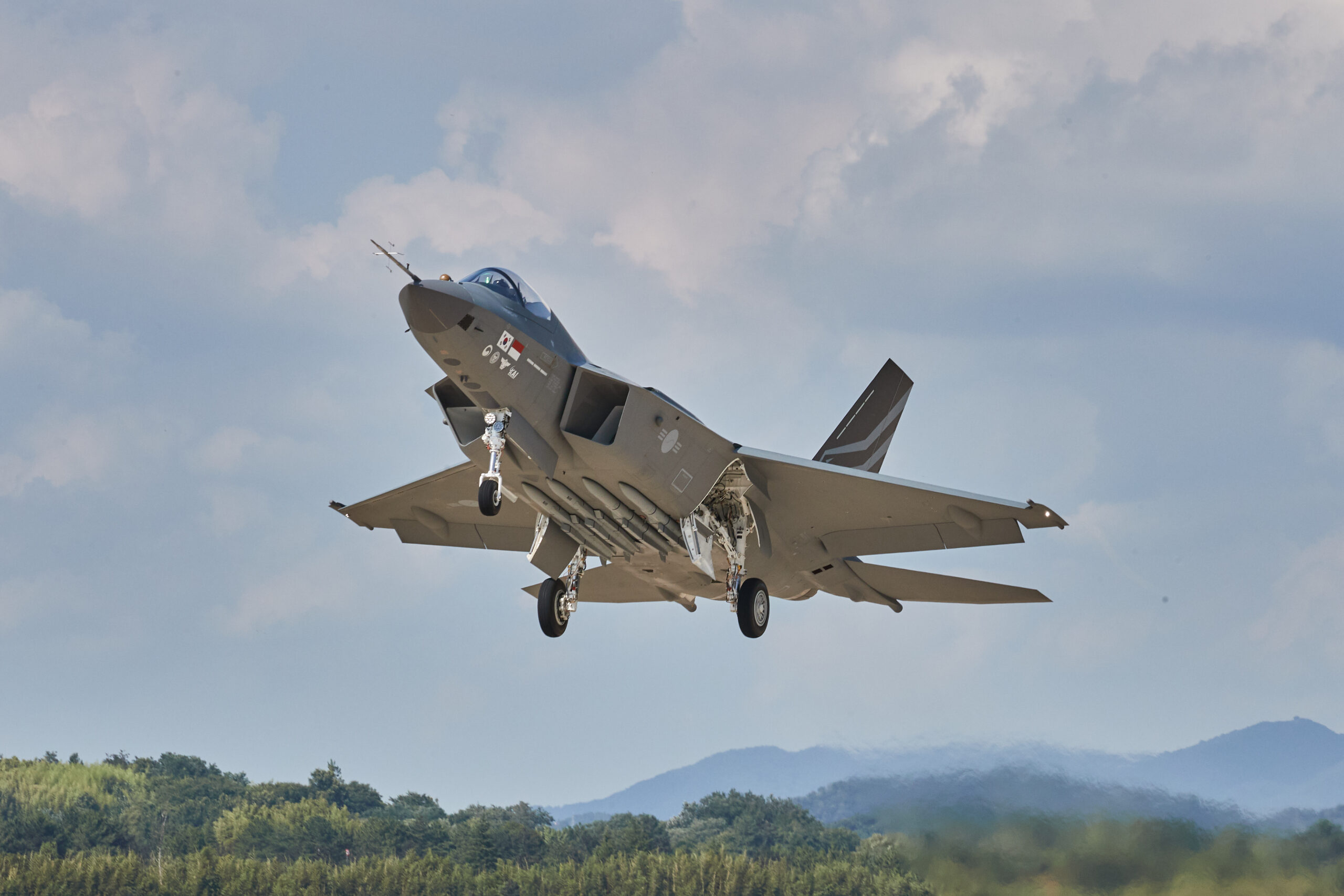
One European country that has seized the opportunity for positive engagement with Indonesia is France, demonstrated by the order placed for 42 Dassault RAFALE aircraft, with the first-phase contract having been signed. Equally significant is the signing of a Memorandum of Understanding (MoU) between Naval Group and PT PAL in February this year. According to the official statement, both companies “confirm their willingness to further increase their cooperation to provide solutions to meet the needs of the Indonesian Navy but also by opening a joint R&D centre involving other Indonesian companies.” The project that will move this relationship forward is a proposed submarine (SSK) programme for the Indonesian Navy, with a likely follow on corvette programme. PT PAL will also obtain workshare from an order for six FREMM class frigates signed with Fincantieri in June last year.

Credit: Fincantieri
It will never be easy to transact major defence contracts with Indonesia, their procurement process is and remains difficult to fathom. Yet if Europe wants to build a beneficial relationship with Indonesia, and it should, major defence programmes involving local production and technology transfer appear to be the way forward. With its strategic location and growing economy, Indonesia represents a partner for both trade and defence that Europe cannot afford to ignore.
David Saw






